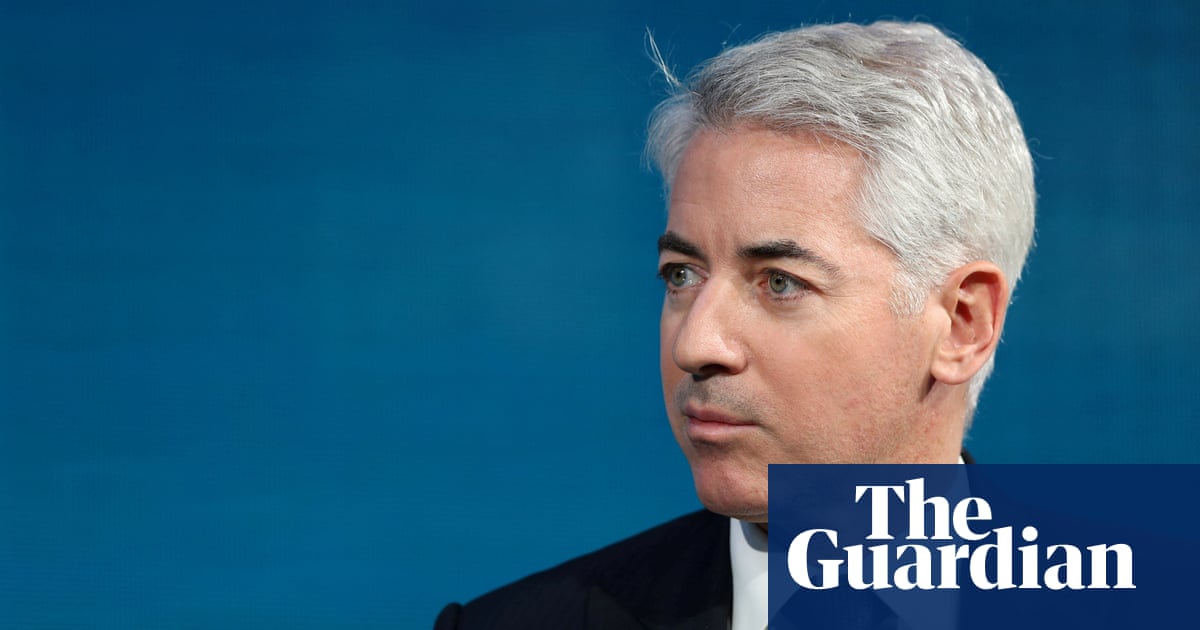Bill Ackman, a well-known investor, has expressed concerns about the impact of President Trump’s trade policies on the economy. He believes that Trump is losing the trust of business leaders and suggests that a break from the current approach could be beneficial. In a recent post on social media, Ackman called for a “90-day timeout” to negotiate trade issues instead of escalating tensions further.
He warned that if the trade war continues, it could lead to severe economic consequences. Business investment might slow down, and consumer spending could drop. This could harm the nation’s reputation globally, taking years to repair.
Despite endorsing Trump’s previous policies, Ackman feels that the tariffs, which have dropped U.S. stock values significantly, are not what voters expected. The impact has been notable; recent estimates indicated that Trump’s tariffs caused a $6 trillion loss in U.S. stock markets. Markets in Asia and Europe faced declines as well, highlighting the global repercussions of these tariffs.
Currently, U.S. tariffs sit at a blanket rate of 10%, with some as high as 50% targeting around 60 countries. Trump has spent time discussing these tariffs with leaders from Europe and Asia, who are pressing him to reconsider. However, Trump remains firm, stating that countries need to pay much more if they want him to lower the tariffs.
Ackman’s critique goes deeper. He argues that by imposing high tariffs indiscriminately, the U.S. risks damaging its relationships with allies and hinder confidence in the U.S. as a trading partner. His message reflects a heightened concern shared by many economists and business leaders: that the current trade policy could lead to a long-term economic downturn.
Historical parallels can be drawn from past trade wars, like the one in the 1930s, which contributed to the Great Depression. During that time, countries raised tariffs, leading to reduced trade and worsening economic conditions. Similar fears are rising today as countries react to the existing tariffs.
As the dialogue continues, the stakes remain high. The pressure from both sides shows the balancing act leaders must perform, weighing national policies against the global economic landscape. It’s crucial to keep an eye on how these events unfold, as they will undoubtedly shape the future of international trade and investment.
Check out this related article: Global Markets in Turmoil: How Countries Are Navigating the Impact of the US Trade War
Source link

